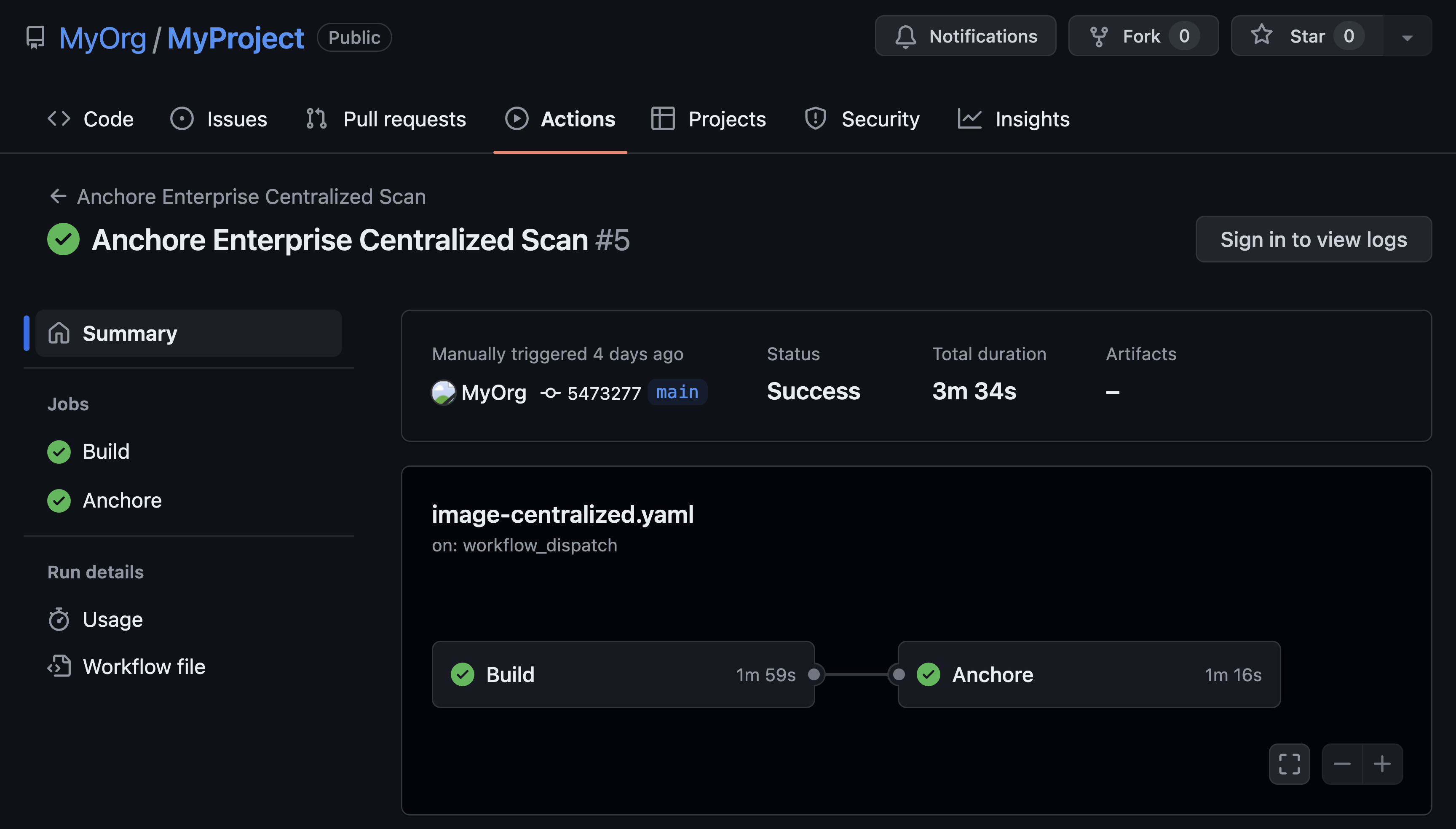Actions speak louder than words
It’s no secret that SBOM scanners have primarily put a focus on returning results from packaging managers and struggle with binary applications installed via a side channel. If you’re installing software from a Linux distribution, NPM, or PyPI those packages are tracked with package manager data. Syft picks those packages up without any problems because it finds evidence in the package manager metadata to determine what was installed. However, if we install a binary, such as Node.js without a package manager, Syft won’t pick it up. Until now!
There’s a new update to Syft, version 0.60.1, that now gives us the ability to look for binaries installed outside of a package manager. The initial focus is on Node.js because the latest version of Node.js includes OpenSSL 3, which is affected by recently released security vulnerabilities. Node.js is an application that includes this latest version of OpenSSL 3, which makes it important to be able to find it at this time.
In the future we will be adding many other binary types to detect, check back to see all the new capabilities of Syft soon.
We can show this behavior using the node container image. If we scan the container with Syft version 0.59.0, we can see that the Node.js binary is not detected. We are filtering the results to only show us things with ‘node’ in their name. The official node container is quite large and contains many packages, if we don't filter the output it would be several pages long.

There is no binary named 'node' in that list. However, we know this binary is installed, it is the official node container. Now if we try again using Syft version 0.60.1 the node binary is in the output of Syft with a type of binary.
[caption id="attachment_987471498" align="alignnone" width="834"] Syft detecting the node binary[/caption]
Syft detecting the node binary[/caption]
How does this work?
The changes to Syft are very specific and apply only to the Node.js binary. We added the ability for Syft to look for binaries that could be node, this begins by looking at the names of the binary files on disk. This was done to avoid trying to scan through every single binary file on the system which would be very slow and consume a great deal of resources.
Once we find something that might be a Node.js binary, we extract the plaintext strings data from it. This is comparable to running the ‘strings’ command from a UNIX environment. Basically what happens is we look for strings of plain text and ignore the binary data. In our case we are looking for a string of text that contains version information in a Node.js binary. If we determine the binary is indeed Node.js, we then extract the version details.
The output of Syft is of ‘binary’ format. If you look at Syft output you will see the different types of packages that were detected. These could be npm, deb, or python for example. Now you will also see a new type which is binary. As mentioned, the only binary type that can be found today is node, but more are coming soon.
Final Thoughts
Given how new this feature is, there is a known drawback. This patch could cause the Node.js binary to show up twice in an SBOM. If Node.js is installed via a package manager, such as rpm, the RPM classifier will find ‘node’ and so will the binary classifier. The same node binary will be listed twice. We know this is a bug and we are going to fix it soon. Given the importance of being able to detect Node.js, we believe this addition is too important to not include even with this drawback.
As already mentioned, this update only detects the Node.js binary. We are also working on binary classifiers for Python and Go in the short term, and long term we expect many binary classifiers to exist. This is an example of not letting perfect get in the way of good enough.
Please keep in mind this is the first step in a very long journey. There will be bugs in the binary classifiers as they are written. There are many new things to classify in the future, we don’t yet know what sort of things we will be looking for, which is exciting. Syft is an open source project - we love bug reports, pull requests, and questions. We would love you to join our community!
It is essential that we all remain vigilant and proactive in our software supply chain security as new vulnerabilities like OpenSSL and malicious code are inevitable. Please contact us if you want to know how we can help you get started on your SBOM journey and detect OpenSSL in your environment.




